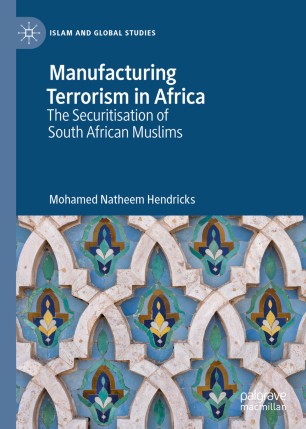

Most ebook files are in PDF format, so you can easily read them using various software such as Foxit Reader or directly on the Google Chrome browser.
Some ebook files are released by publishers in other formats such as .awz, .mobi, .epub, .fb2, etc. You may need to install specific software to read these formats on mobile/PC, such as Calibre.
Please read the tutorial at this link: https://ebookbell.com/faq
We offer FREE conversion to the popular formats you request; however, this may take some time. Therefore, right after payment, please email us, and we will try to provide the service as quickly as possible.
For some exceptional file formats or broken links (if any), please refrain from opening any disputes. Instead, email us first, and we will try to assist within a maximum of 6 hours.
EbookBell Team

4.1
80 reviewsThis book uses Securitisation Theory to explore how Muslims have been constructed as a security issue in Africa after the 9/11 attacks in the United States. These attacks became the rationale for the US’s Global War on Terror (GWOT). The centrality of Africa as an arena to execute the GWOT is the focus of this book.
This book explores, particularly, how western-centred security discourses around Muslims has permeated South African security discourse in the post-apartheid period. It claims that the popular press and the local think-tank community were critical knowledge-sites that imported rather than interrogated debates which have underpinned policy-initiatives such as the GWOT.
Such theorisation seems contrary to the original architects of securitisation theory who maintain that issues become security concerns when institutional voices declare these as such. However, this book confirms that non-institutional voices have securitised the African Muslims by equating them with terrorism.
This book illustrates that such securitisation reproduces partisan knowledge that promote Western interests.